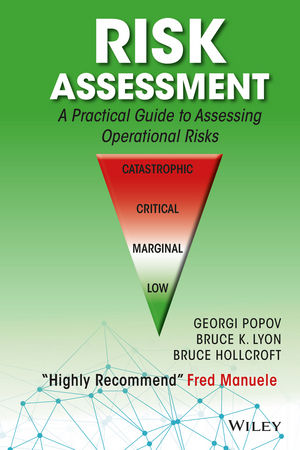Welding fumes inhaled through the years may cause serious medical complications. Those noises that didn't seem so loud actually were, potentially destroying your ability to hear. The parts that didn't seem so heavy may trigger shoulder problems. The constant kneeling can lead to knee troubles. Seemingly insignificant job-related activities lead to illness in later years. You can reduce the risk of these ailments by forcing yourself to make a few simple changes to your daily routine.
Avoid gases and fumes
Sometimes you receive specific warning signs after inhaling gases and fumes. If you breathe enough zinc fumes while welding on galvanized metal, you later may experience metal fume fever. Symptoms include night sweats, chills, and stomach pains. Or you may exhibit shortness of breath or headaches after breathing certain fumes.
You might inhale many gases and fumes over the span of your career that do not provide any obvious warnings. Though air testing may determine these fume exposures are within current regulatory occupational limits, those limits are only a guideline to help benchmark the airborne concentration.
They should not be considered an absolute safe level of exposure.
Welding fumes are a combination of various metals. Mild steel is mostly iron, but it also contains manganese, which has potential health effects. Stainless steel also contains iron, as well as nickel and chromium. Each compound may have different health effects.![]()
Protect your hearing
Fumes you breathe actually may harm your hearing. Multiple health studies show a strong correlation between certain chemicals and audio-nerve damage. Breathing high levels of carbon monoxide gas affects how much oxygen gets into the blood. If the oxygen level in the blood supply to auditory nerve cells is lowered, they become stressed, posing a higher risk for damage.
The obvious threat to hearing is the noise welding generates. Noise is a health hazard that many welders ignore. The same people who might wear earplugs or earmuffs when grinding metal will shun that protection when welding, simply because it doesn't seem loud—at least not to the point of being painful. However, welding is loud enough to cause minor nerve cell damage, and minor damage on a daily basis adds up over the years.
Even moderately loud noise, such as that produced by welding, leaves auditory nerve cells affected permanently. Damaged cells do not mend, and new ones don't grow. The long-term result is loss of hearing.
Use your head, not your back
Years of repetitive kneeling or lifting heavy parts can take their toll on the body. Chronically bad backs, knee joints, and shoulders are common ailments among aging welders.
Over time, all of that kneeling and hauling can catch up with you. Use lifts, get help from others to move heavy pieces, don't stay in one position too long, and try to be as comfortable as possible as much as possible. This is not a sign of weakness. It's a simple acknowledgment that your health in the future is shaped by the actions you take today.
Sources:
- Michael Ladd, CIH, CSP, is a risk control consultant for CNA, where he coordinates industrial
- The Fabricator








